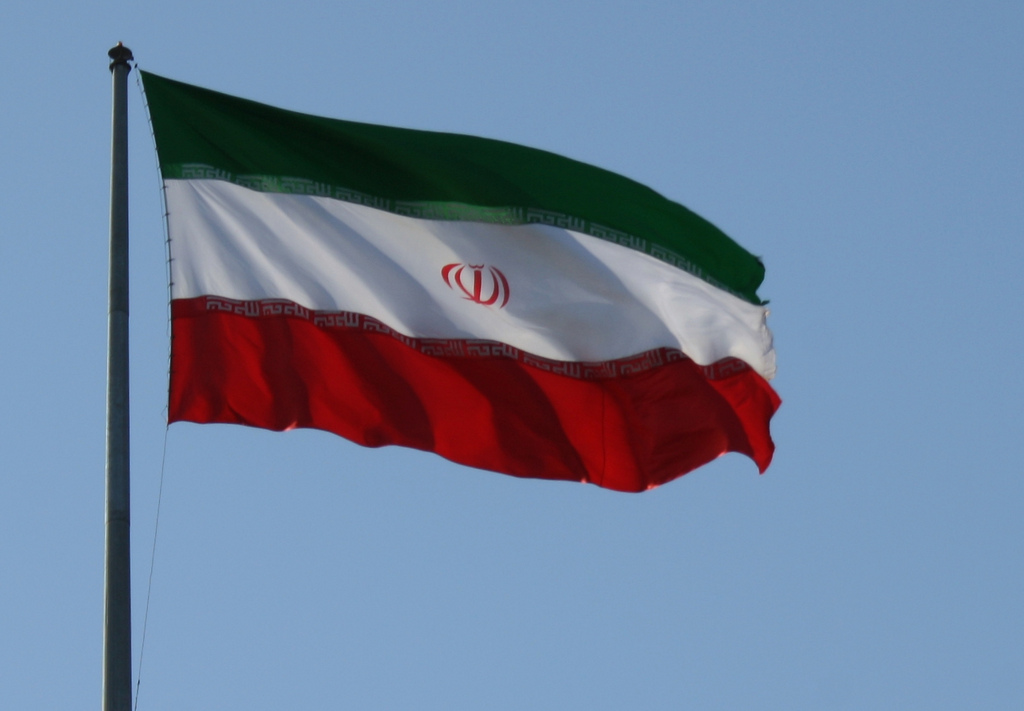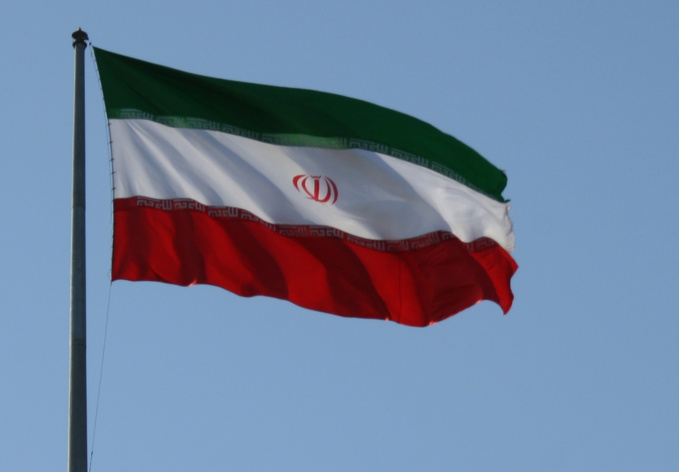On Wednesday, the members of the Majlis (parliament) of Iran used the constitutional right to summon President to report on effectiveness of his activities or the government’s work. The initiative was supported by 80 members out of 290. The MPs gave President a month to prepare answers to their questions: why did the government do nothing to stop smuggling that damages production, what are reasons for the fall of the Iranian rial, which has depreciated twice since the end of April, economic recession and rising unemployment. Also, it is still remains to explain why Iranian banks have only limited access to international financial services several years after the Joint Comprehensive Plan of Action was signed by Iran six mediators (permanent members of the UN Security Council plus Germany). Recall, the paper provides for termination of Iran's nuclear program in exchange for removal of the bulk of international sanctions,.
The deputies voiced their questions to the government a few days before the US, which withdrew from the agreement in early May, brings back sanctions against Iran. Washington is not satisfied with how Tehran fulfills its obligations, demands to review the "nuclear deal", and insists on weakening of Tehran's activity in the Middle East region. The re-introduction of sanctions will occur in two stages. Washington expects that by operations with the Iranian currency and debt obligations will be curtailed, and trade in gold, aluminum and steel will be stopped on August 6. By November 4, it is planned to restore sanctions against the Iranian oil industry. The US intends, as repeatedly stated by various officials, to "reduce to zero" the export of Iranian oil. None of the other members of the agreement supported Washington, but large Western companies have already started leaving Iran because of the fear of US sanctions. The Iranian rial has collapsed in anticipation of August 6.
President Hassan Rouhani is trying to prevent a crisis. Last week, a new head of the Central Bank was appointed, and on this President accepted resignation of the government spokesman, expressing readiness for change. The parliament members approved President’s actions, but they demand new large-scale rearrangements.
Since the beginning of the year, protests related to rising prices, unemployment and corruption have not stopped in Iran. At the beginning of this week, hundreds of people took to the streets in Tehran, Isfahan, Shiraz and other cities. Economic slogans are mingling with political slogans, including "Death to the dictator!" and "Let go of Syria and think about us." Similar slogans were seen during protests in January. The Iranians are unhappy that the authorities spend money on the war in Syria and support of Lebanon, when the country is facing an economic crisis. The US authorities then supported the demonstrators in the hope that widespread protests could lead to a regime change.
source: reuters.com
The deputies voiced their questions to the government a few days before the US, which withdrew from the agreement in early May, brings back sanctions against Iran. Washington is not satisfied with how Tehran fulfills its obligations, demands to review the "nuclear deal", and insists on weakening of Tehran's activity in the Middle East region. The re-introduction of sanctions will occur in two stages. Washington expects that by operations with the Iranian currency and debt obligations will be curtailed, and trade in gold, aluminum and steel will be stopped on August 6. By November 4, it is planned to restore sanctions against the Iranian oil industry. The US intends, as repeatedly stated by various officials, to "reduce to zero" the export of Iranian oil. None of the other members of the agreement supported Washington, but large Western companies have already started leaving Iran because of the fear of US sanctions. The Iranian rial has collapsed in anticipation of August 6.
President Hassan Rouhani is trying to prevent a crisis. Last week, a new head of the Central Bank was appointed, and on this President accepted resignation of the government spokesman, expressing readiness for change. The parliament members approved President’s actions, but they demand new large-scale rearrangements.
Since the beginning of the year, protests related to rising prices, unemployment and corruption have not stopped in Iran. At the beginning of this week, hundreds of people took to the streets in Tehran, Isfahan, Shiraz and other cities. Economic slogans are mingling with political slogans, including "Death to the dictator!" and "Let go of Syria and think about us." Similar slogans were seen during protests in January. The Iranians are unhappy that the authorities spend money on the war in Syria and support of Lebanon, when the country is facing an economic crisis. The US authorities then supported the demonstrators in the hope that widespread protests could lead to a regime change.
source: reuters.com



















